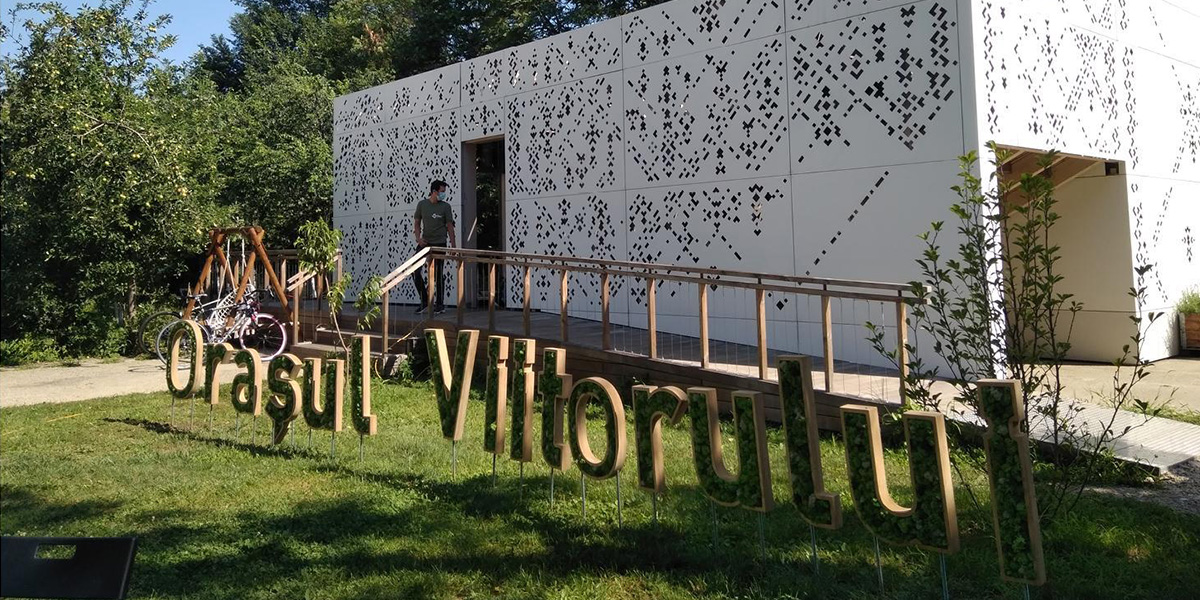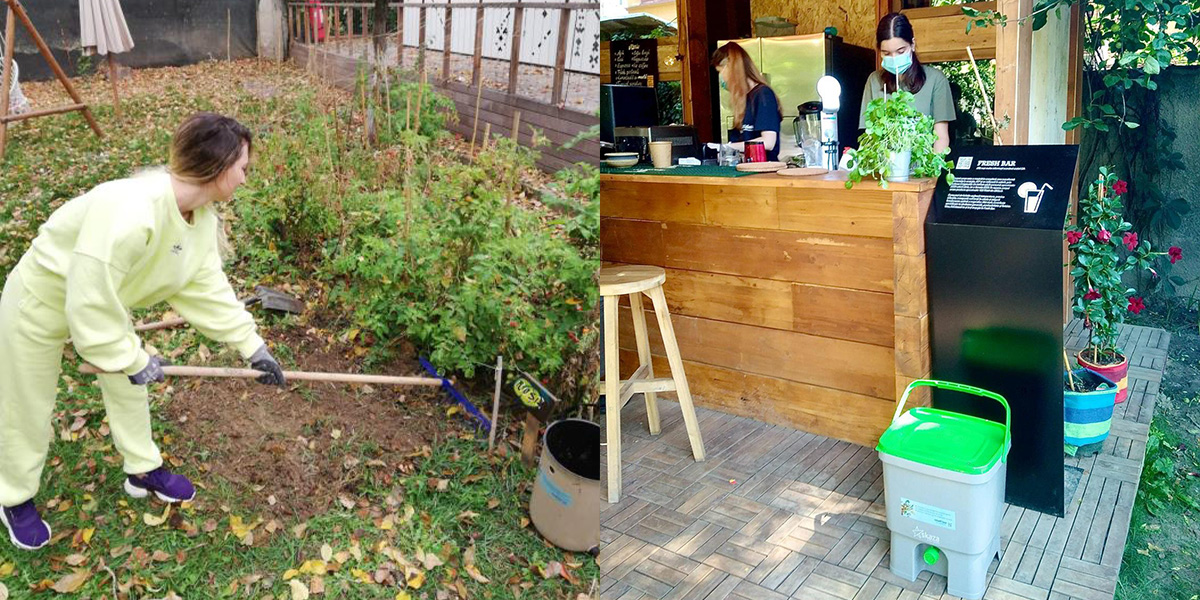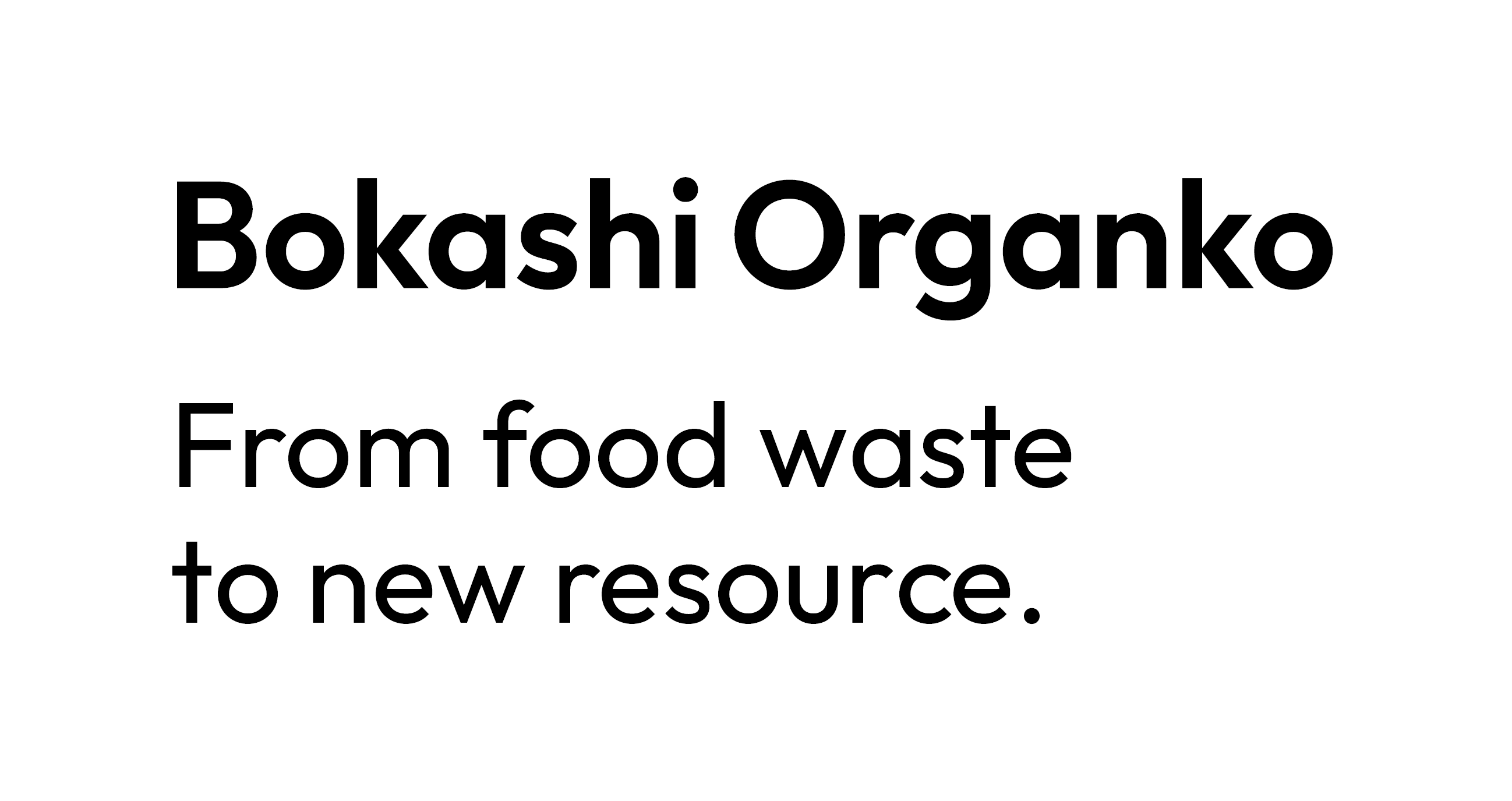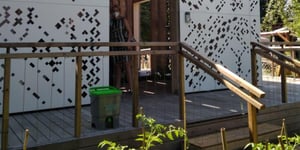We (humans) waste about one-third of the food we produce in developed countries. That’s more than 30%! And most of it still ends up in landfills, where it rots and pollutes the soil, groundwater, and air. Yes, the food waste problem is a serious issue that needs to be tackled head-on. After all, it is responsible for about 10% of greenhouse gas emissions, which contribute to enhanced global warming.
Luckily, many folks are already well aware of this problem and are actively working on creating new solutions. However, since most food waste is produced by households, in many cases, we already have all it takes to solve the food waste problem. After all, just by adopting proper shopping habits and better organizing our household, we get to minimize the amount of food we waste. As for the rest, we can use indoor composting to convert kitchen waste into new resources.
Moreover, as you may know, here at Skaza, we specialize in producing Bokashi Organko composters. These high-quality indoor composting bins enable every household to collect organic waste in an environmentally and user-friendly manner properly. Furthermore, that way, you can also start converting your organic waste into new resources right in the comfort of your home. By doing so, you do your part in solving the food waste problem.
However, today we want to focus on a group of young visioners from Romania. These future architects, engineers, and urban planners are well aware of the food waste problem. As such, they also incorporate the indoor bokashi solution into their sustainable conceptual houses.
Meet EFdeN
EFdeN is an NGO formed by a team of students. By now, they are a team of 60+ future architects, engineers, and urban planners with a united goal - to create a sustainable future. They plan on realizing this goal by designing and promoting houses of the future - smart, green, and sustainable homes. Of course, these homes also focus on solving the food waste problem and they do this by using Bokashi Organko bins.
Moreover, this NGO operates in the EFdeN Sustainable City, located in Bucharest, Romania. Aside from serving as a space for the EFdeN community, this “city” is also a multi-functional urban laboratory. Hence, the latter enables young visioners to put into practice various sustainable concepts and ideas. In addition, Part of the EFdeN Sustainable City is also a green campus, which is open to public visits. This campus consists of the 2 concept houses that the team built for the 2014 and the 2018 Solar Decathlon Competitions. Moreover, it also includes outdoor space for events, a vegetable garden, an electric car charger, solar panels, and office space for the EFdeN team.
 Food waste problem solved by EFdeN
Food waste problem solved by EFdeN
So, thanks to their vegetable garden, the EFdeN team can complete the full circle of the bokashi composting method. As such, they can use the bokashi cake (fermented mass), which is the main product of this indoor composting, to nurture their plants. At the campus, they use the bokashi bins inside the conceptual houses and in their bar in the events area. Obviously, the latter is used constantly. However, as far as the Bokashi Organko bins in the conceptual houses go, they serve demonstrational and educational purposes.
The Bokashi Organko bins were brought to EFdeN by our partner Bokashi Home (Timema). They also held a workshop for EFdeN employees to show everyone how to use the bokashi composting bins properly. With that training under their belts, the EFdeN team members are now able to utilize Bokashi Organko bins to the fullest. And since they’ve included them as an essential piece of their conceptual homes, they must be pleased with the results.
You do not need in-person training if you want to learn all you need to know about bokashi composting and properly using indoor bokashi bins. Instead, you can enroll in our free Bokashi Academy online. Though the process is very simple, and you can learn the gist of it in the following section.
How to solve a food waste problem with bokashi composters
So, to solve the food waste problem, any peels and food scraps need to be collected in the composter. However, it is even better to collect them in a separate daily kitchen waste bin, such as Organko Daily. Then, at the end of the day, you pour the content of the daily bin into your bokashi bin. By doing so, you ensure that you do not open the composter too frequently, which would disrupt the airtight conditions.
Moreover, before you add the first batch of organic waste into your indoor composters, you need to sprinkle its inner bottom with approximately 25 ml of bokashi bran. Furthermore, you do the same on top of every batch of kitchen waste you add. By adding bokashi bran, which contains a lot of effective microorganisms, you ensure that the process of fermentation (a.k.a. bokashi composting) takes the most optimal path.
Collect, process, use, and close the #bokashi loop
As you continue adding your organic waste into the bokashi bin, the previously collected waste already starts decomposing. Hence, the fermentation liquid (a.k.a. bokashi juice) starts to accumulate at the bottom of the bin. Thus, you need to collect this precious liquid every 2-3 days. This side product of the bokashi method is highly acidic, which makes it perfect for cleaning drains. Moreover, the bokashi juice is also full of nutrients. Hence, it is also a valuable natural fertilizer when diluted with water in a 1:200 ratio.
After 2 weeks or so, the bokashi cake (pre-compost mass) will be ready. By that time, you’ve already reduced the amount of waste by 25 %. So, if you live in an area with an organized collection of organic waste, you can dispose of the bokashi mass in the designated bio-waste municipal container. However, it is even better if you can close the #bokashiloop yourself. As such, you may dig the mass into the soil (either in your garden or in a large pot) or add it to your traditional outdoor composter. And then, finally, use that quality compost to nurture your organic plants.
 To learn more about the bokashi composting, bokashi bins, and how you can help close the #bokashiloop, make sure to explore the Bokashi Organko website. As you can see, proper indoor composting bins have what it takes to help us solve the food waste problem.
To learn more about the bokashi composting, bokashi bins, and how you can help close the #bokashiloop, make sure to explore the Bokashi Organko website. As you can see, proper indoor composting bins have what it takes to help us solve the food waste problem.


